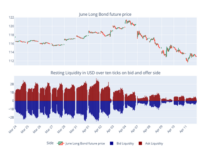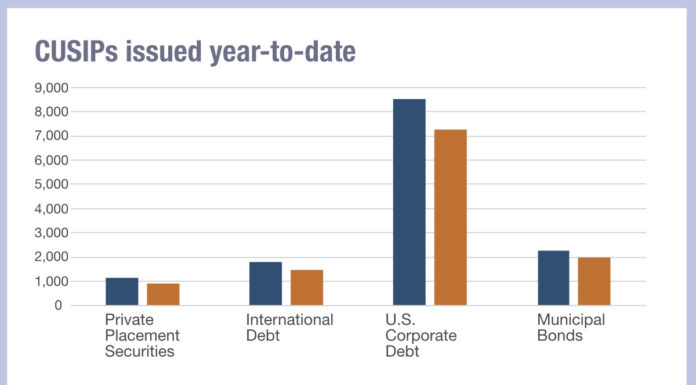A detailed analysis by investment bank Barclays raises questions about the practical impact of regulatory measures to increase access to corporate bond markets, suggesting they fall short of addressing entrenched barriers.
The UK’s Financial Conduct Authority (FCA) is advancing regulatory changes to make corporate bonds more accessible to retail investors, a move seen as part of a broader effort to invigorate retail participation in capital markets.
Historically, UK retail investors have faced significant challenges in accessing corporate bonds directly. Bonds have often been issued in high denominations, primarily targeting institutional investors, while regulatory complexities have discouraged issuers from engaging with the retail market. The FCA has sought to address these hurdles through adjustments to the packaged retail and insurance-based investment products (PRIIPs) regime and the prospectus rules.
The ongoing reforms exempted certain bonds with features like issuer call options from requiring key information documents (KIDs) under the PRIIPs framework. This change, effective in 2022, aimed to simplify the bond regulatory process for bonds deemed relatively straightforward. Meanwhile, the FCA proposed changes to the prospectus regime are intended to reduce disclosure requirements for “vanilla corporate bonds” and encourage issuers to consider lower denominations, making them more accessible to individual investors. The FCA said: “We think there may be an opportunity for a scheme which encourages the issuance by seasoned UK-listed corporates of simple standardised unsubordinated unsecured corporate bonds aimed at a wide range of investors, retail and wholesale.”
Barclays tested the potential impact of these changes through an analysis of market data and its internal records. The findings point to a stark gap between regulatory intentions and practical outcomes. While the PRIIPs changes have enabled an additional 24 bonds to be offered to retail investors, 66 bonds—though technically qualifying—remain inaccessible due to their wholesale denominations. Even under the proposed prospectus reforms, only eight issuers would meet the criteria to issue bonds to retail investors according to Barclays.
Moreover, investor demands paint a similarly constrained picture. Of the bonds requested by Barclays’ clients between 2023 and 2024 but rejected due to regulatory restrictions, Barclays’ study found that only six would qualify under the new rules. The bank’s study finds that many bonds continue to face barriers due to features like call options, which classify them as “complex” under MiFID II rules, necessitating appropriateness tests and further limiting retail access.
Read more: https://www.fi-desk.com/what-effect-could-retail-flow-have-on-credit-markets/
Barclays warns that the FCA’s efforts to nudge issuers towards inclusivity, such as encouraging lower-denomination issuance, are unlikely to shift market dynamics meaningfully. Issuers remain wary of reputational risks and additional compliance obligations, especially when liquidity in retail markets is so inferior to institutional demand.
Despite the FCA’s ambition to democratise access to corporate bonds, Barclays concluded: “Based on these insights, we do not think that the proposed regulatory changes alone would have a significant impact on the availability of corporate bonds for UK retail investors.” The study said that unless a more radical policy shift is taken. the corporate bond market would remain largely off-limits to UK retail investors, perpetuating a divide in market accessibility and leaving a significant pool of potential capital untapped.
For the bank, the FCA’s proposals do not go far enough to dismantle the structural barriers hindering retail participation. The bank recommends a more comprehensive overhaul, including the creation of a clear regulatory definition for simple, low-risk bonds that would be exempt from burdensome disclosure requirements. It also calls for broader flexibility in target market determinations, enabling issuers to affirm the suitability of certain bonds for retail investors without needing specific assessments. Encouraging issuers to lower the denomination issuance would also make them more accessible to retail investors. The bank suggests shifting lifecycle obligations exclusively to distributors as they have direct relationships and knowledge of their clients.
©Markets Media Europe 2024
©Markets Media Europe 2025

























